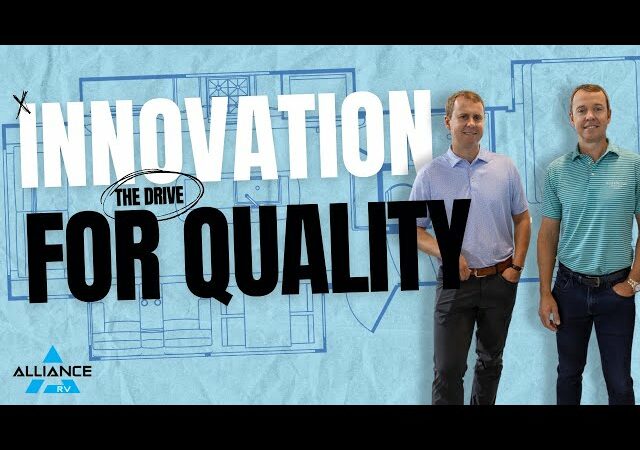Christine Taylor: Time to ‘Drone’ on About Unmanned Aircraft – RVBusiness – Breaking RV Industry News

Christine Taylor
Editor’s note: This column was written by Christine Taylor, a Principal Partner at The Towne Law Firm, P.C. in the firm’s Albany, N.Y., office, who focuses her practice in the areas of Hospitality Law, Business Law, Labor and Employment Law, Real Estate Law, Trusts and Estate Law and Litigation. Park owners can email [email protected] for a chance to have their questions answered in future columns.
Tiny or large, with or without cameras, Drones are here to stay. Can campers fly them at your campground? Can campers get in trouble for using drones? What about your other guests — what rights do they have?
Drones have advanced significantly in the last few years, and with them, a whole host of new regulations. In attempting to control the influx of new issues, both federal and state regulations have passed that help govern the use of Drones and paint a picture of what the future might bring.
Generally, people can legally fly a drone over private property, provided they are not breaking a particular law and as long as the drone does not exceed the 400-foot threshold. Meaning, if the drone flies higher than 400 feet, it has entered the airspace controlled by the Federal Aviation Association (FAA) which does not generally allow drone operations in that space.
As with any laws, they have a hierarchy, generally, federal laws override state laws which override local laws, however, in most circumstances, the state can be more restrictive than the federal laws, and the local laws can be more restrictive than the state laws, but never laxer. As stated, the FAA regulates Unmanned Aircraft Systems (UAS) from flying in controlled airspace above 400 feet; state and local laws generally dictate the use of the airspace under 400 feet, the “uncontrolled airspace.”
Federal laws restrict UAS in multiple ways including: Time of day, a drone cannot be flown at night without adequate lighting; the drone should weigh less than 55 pounds unless it is certified; you should not fly drones above moving vehicles; you cannot fly close to other UAS or interfere with their movement; you cannot fly the drone faster than 100 mph; you cannot interfere with emergency and rescue operations; and you should not recklessly operate your drone.
So, what do the state laws look like? In California, starting in 2015, a law was passed that prohibited drone flights over private property as they classified it as “trespassing.” Georgia has the exact same law. Texas is similar, but law enforcement, researchers…etc. would be allowed to do so. Breaking these laws can lead to fines of around $500 or even a misdemeanor.
Generally, if the drone operator is invading privacy, causing a nuisance or trespassing, most states would allow a lawsuit to be brought against the operator or law enforcement would be able to get involved. The flight path of the drone, including whether it’s picking up information, recording videos or audio, all contribute to how large a “crime” the operator is committing. The more personal in nature the activity or location the operator is flying the drone in, such as spying in a window, the more likely the operator is to get in trouble.
Note, however, that under federal law it is a crime to shoot down an “aircraft,” and drones technically qualify as an aircraft. However, if they are violating the FAA, you can report them to the same.
What does this mean for campgrounds?

The Towne Law Firm logo
If you don’t like them, you can ban your guests from flying drones on your property, and you can ban outside individuals from doing the same. The severity of the ban would depend on your state’s law.
If someone is operating a drone and you have knowledge of it, you should make sure they aren’t invading your other guests’ privacy. You will have a duty to protect your other guests to a certain degree and having actual knowledge of the scenario means you should act.
If you do like them, you can allow them, but you should make specific rules about where and when they can fly to make sure you are protecting your other guests’ privacy.
Your guests likely cannot stop the drone from flying over their camper as it is not their private property, but they could, however, sue the operator for using the drone to peek in their windows.
As with all technology, some of this will likely be in flux as more lawsuits ‘test the waters’ and more operators find themselves in interesting situations. As such, campground owners should take the time to review their policies, ensuring they are well-prepared to address the growing impact of drones.
The Towne Law Firm is fully equipped with industry experience and legal expertise to help business owners review and revise their policies to abide by state and federal Laws, for more info contact [email protected].
Source: https://rvbusiness.com/christine-taylor-time-to-drone-on-about-unmanned-aircraft/







